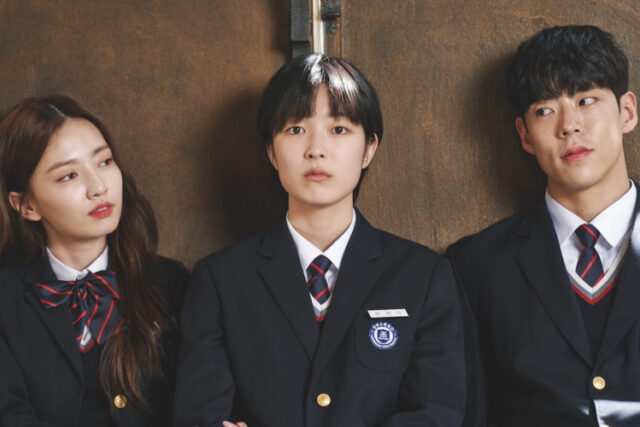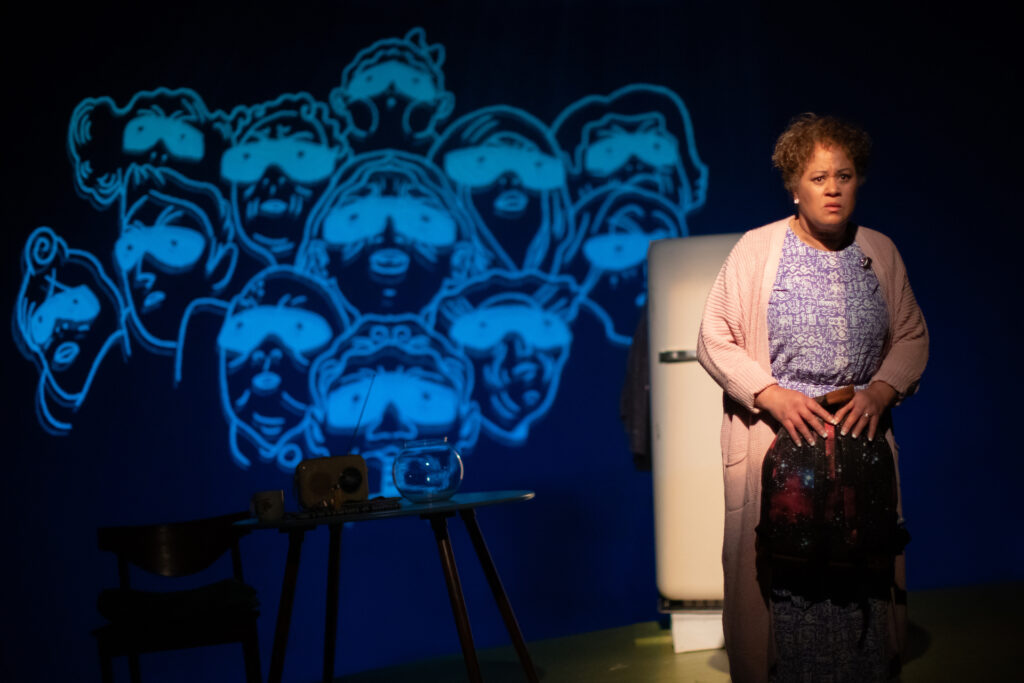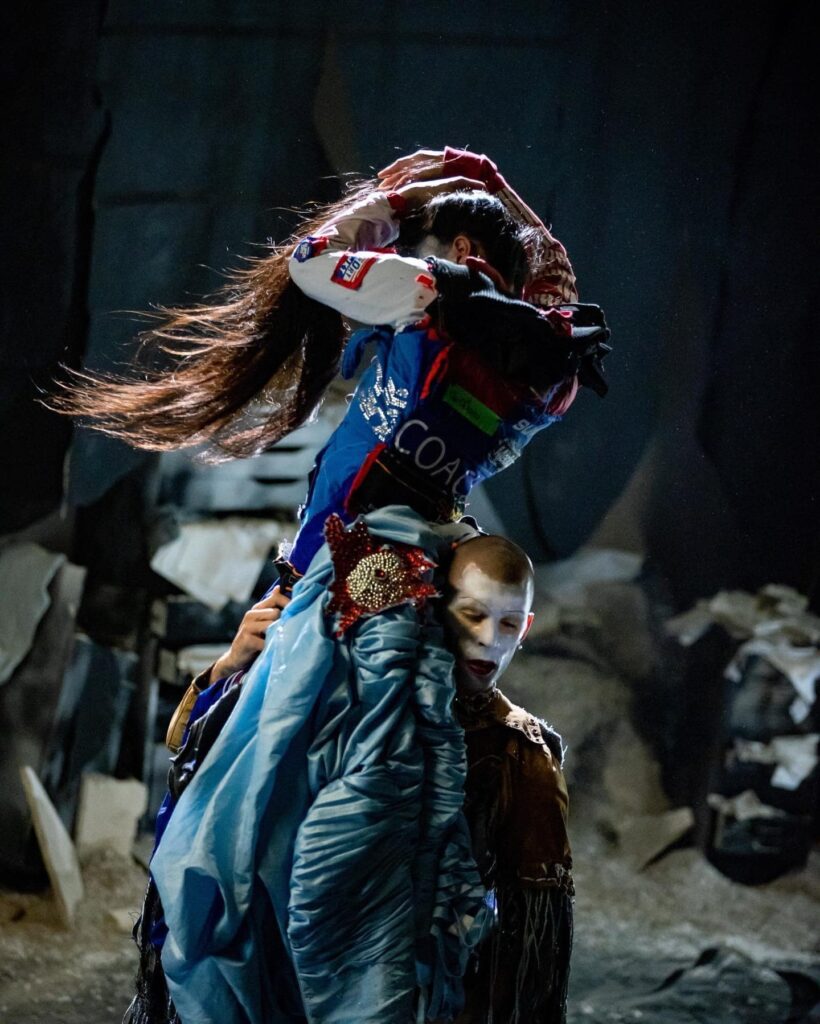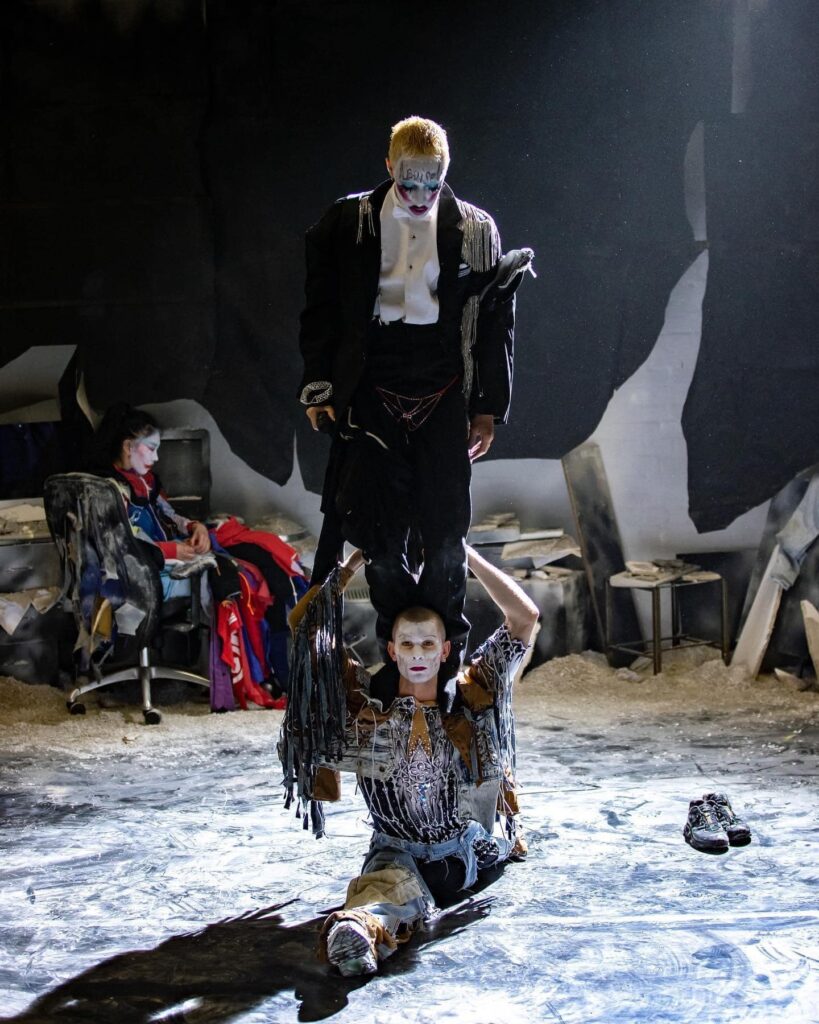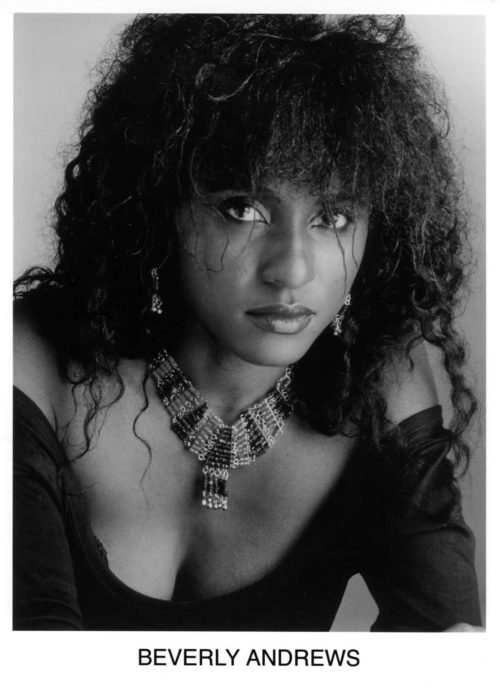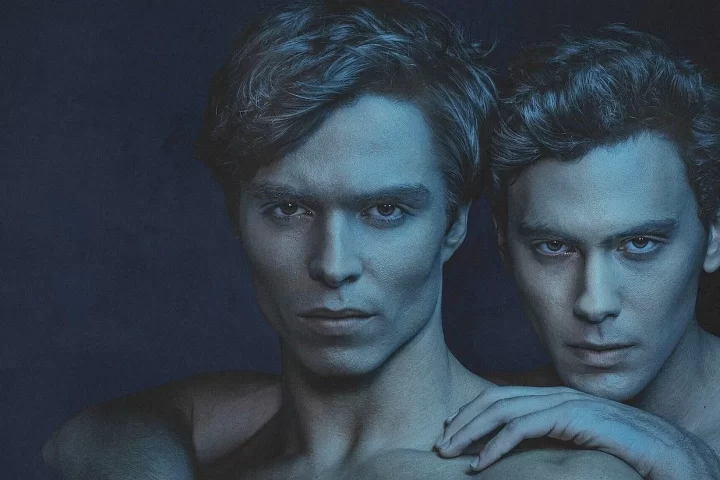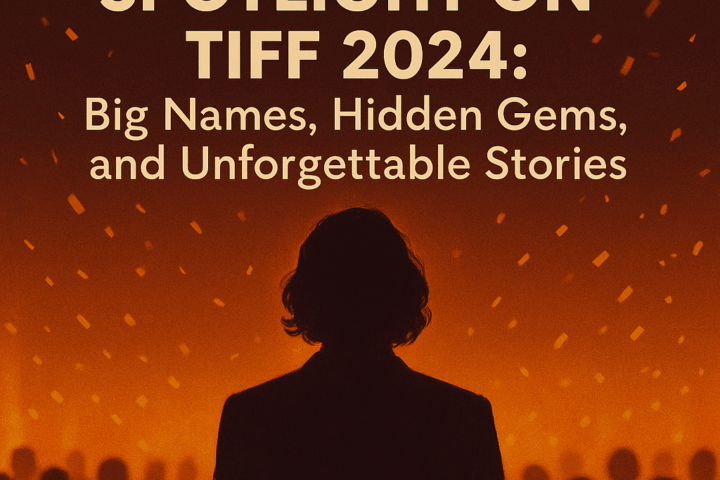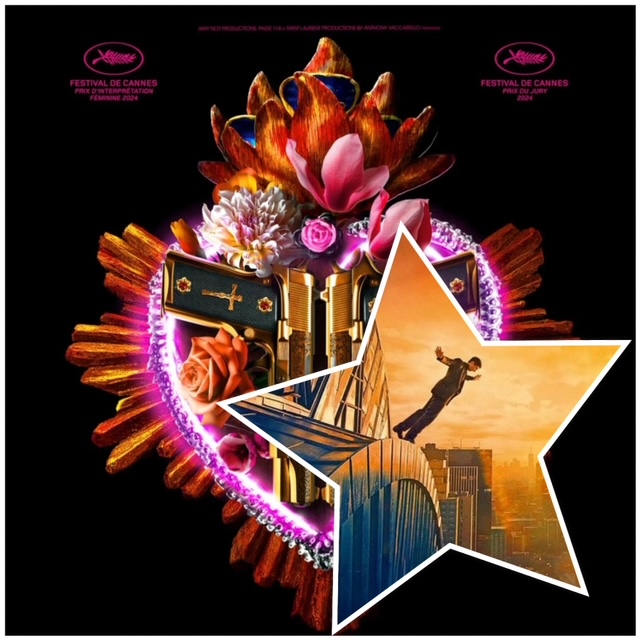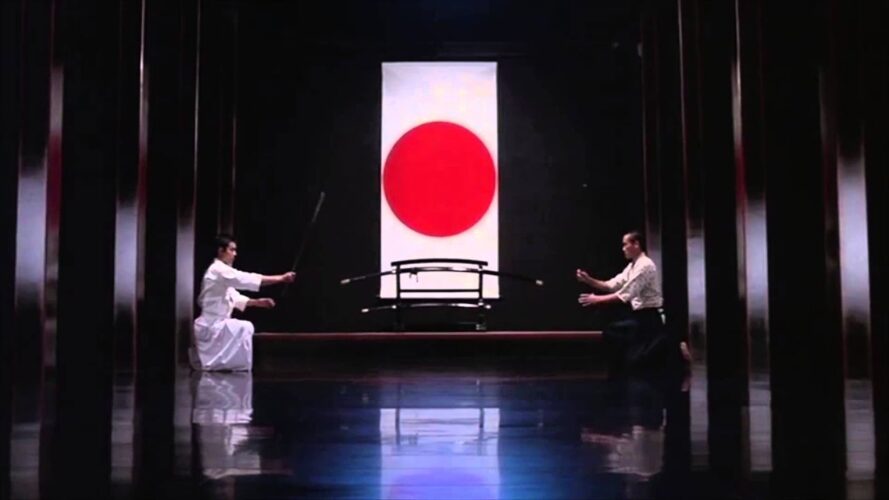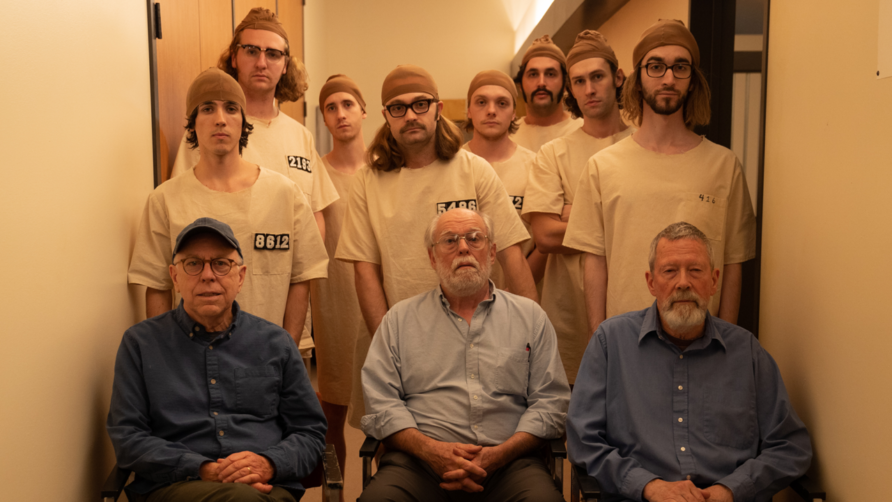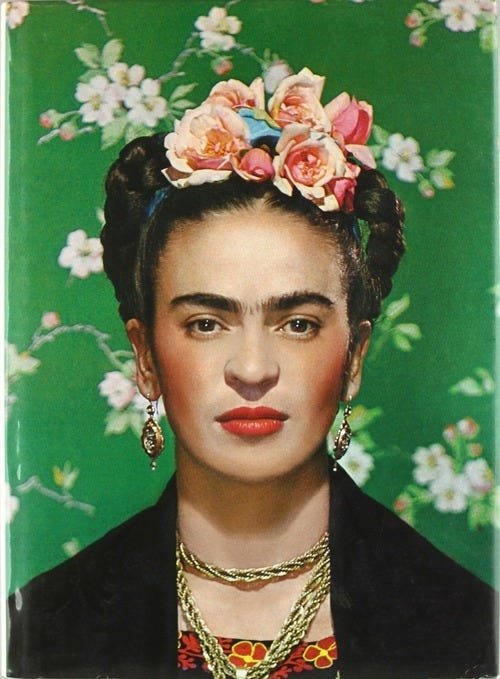Queerness from London to Seoul
In 2015, the U.S. Supreme Court handed down the landmark Obergefell v. Hodges decision, legally requiring all American states to issue marriage licenses to same-sex couples and to recognize those marriages performed elsewhere. That evening, the Obama White House was illuminated in the colors of the rainbow flag—a historic moment for LGBTQ+ rights and a powerful symbol of queer inclusion.
Yet, just seven years later, we find ourselves in a markedly different global climate. Across many parts of the world, including the West, queer and transgender communities increasingly feel under siege. The rise of emboldened religious movements and far-right ideologies—often unchecked—has contributed to an atmosphere of hostility and fear.
This regression is not confined to countries with long-standing histories of homophobia, such as Uganda, where legislation has recently made queerness a capital offense. Alarmingly, similar sentiments are surfacing in parts of the West. In the United States, certain states have taken the lead in advancing anti-LGBTQ+ rhetoric and policy. One governor even declared, without shame, that her state only welcomed “cis—meaning heterosexual” visitors.
Against this bleak backdrop, the return of the UK’s vibrant BFI Flare Film Festival feels not only timely but vital. This year’s edition featured a range of compelling films, but two in particular stood out to me.
Festival Favourites
XX + XY
The delightful Korean series XX + XY isn’t just my favorite entry from this year’s BFI Flare—it’s also one of my favorite screen experiences of the year so far. Technically not a film but a complete Korean television series, Flare presented it in its entirety, and what a joy it is. This charming dramedy follows the life of Jay, a Korean teenager born intersex—possessing both male and female biological characteristics.
Jay’s enlightened adoptive parents—a gay man and a female obstetrician who has chosen a life outside of marriage—opted early on to allow Jay the freedom to determine their own gender identity, rejecting medical interventions offered by doctors. It’s a quietly radical act of parental love that sets the tone for the series’ sensitive, often humorous exploration of identity and adolescence.
The story begins as Jay, now a teenager, embarks on their first day at a prestigious secondary school after years of homeschooling. Having lived a sheltered life, Jay is suddenly thrust into the unfamiliar world of teenage social dynamics—and the confusion begins almost immediately.
Their childhood friend Sarah, who knows Jay is intersex, confesses she’s in love with them and decides she wants to lose her virginity to Jay. At the same time, a handsome male classmate also professes romantic interest. As these conflicting affections collide, Jay’s world quickly becomes a maze of emotional complexity.
To complicate matters further, Jay begins to experience both male and female puberty. Meanwhile, their classmates assume Jay is a boy—Jay never discloses their gender identity but chooses to wear boys’ clothing. Misunderstandings pile up until the truth eventually emerges. Yet what’s most striking is how the other students respond: not with shock or cruelty, but with surprising acceptance. It’s a reaction that subverts expectations and adds a thoughtful twist to the narrative.
XX + XY is a life-affirming, hopeful work that suggests the next generation may be far more evolved in matters of gender than their parents. In a world where adults are often mired in endless debates about trans rights, this series gently but powerfully reminds us that for many teenagers today, gender simply isn’t the defining factor in how they value others. What matters most is connection—and kindness.
Mars
Another standout from the festival spotlighting gender identity was Mars—a poignant and beautifully crafted short film that follows the life of a Black British transgender teenage girl with a passion for astronomy. For her, the vastness of space offers a kind of solace, a place where she imagines acceptance might truly exist.
Elegantly shot and powerfully performed, Mars culminates in a life-affirming conclusion. Yet beneath its uplifting surface lies a subtle but sobering undercurrent. The film gently suggests that things could easily have taken a far darker turn, underscoring the precarious reality many trans teenagers face today. In an increasingly hostile social climate, Mars serves as a quiet but urgent reminder of how isolating that experience can be—and how desperately acceptance is needed, not just in the stars, but here on Earth.
Alternative Queer Voices
STARS An Afrofuturist Space Odyssey
Outside the BFI Flare spotlight, the Institute of Contemporary Arts in London recently premiered STARS: An Afrofuturist Space Odyssey, a bold and surreal theatrical collaboration between Tamasha Theatre and the ICA. This wonderfully eccentric piece offers a dreamlike exploration of one older Black woman’s sexual awakening, set to a mixtape that plays throughout the performance.
At the heart of the story is “Mrs”—the only name given to the central character—who is consumed by a desire to journey into space. But unlike the familiar sci-fi trope of space as an escape, Mrs views the cosmos as a place of self-discovery. She believes that if she can reach the stars, she might finally achieve true sexual fulfilment.
Brilliantly portrayed by Debra Michaels, Mrs reveals, over the course of the evening, the sometimes-harrowing details of her life. Yet despite the emotional weight of her past, she remains fiercely determined to find joy before her life ends. Along the way, she experiments with different forms of sexuality and uncovers unexpected truths—including the real identity of her best friend, who is, it turns out, happily married.
Ultimately, STARS is about agency. As Mrs comes to understand that her happiness and fulfilment lie not in others or in fantasy, but in herself, the piece crescendos into a vibrant, uplifting finale. It’s a celebration of sexual autonomy, queer identity, and cosmic ambition—an Afrofuturist odyssey unlike any other.
If you want to book a ticket for this summer, here is the link: https://tamasha.org.uk/projects/stars/#
Tom
The final celebration of queer identity to open this spring—and perhaps my personal favorite—is Tom, a bold and exhilarating new work co-created and staged by dance and music duo Bullyache at London’s Yard Theatre. Presented as part of the theatre’s Now 23 festival, Tom is a rich, genre-defying performance that defies easy categorisation.
Bullyache could best be described as a fusion of the avant-garde brilliance of dance icon Michael Clark and the anarchic energy of ’90s techno legends The Prodigy. Their latest creation, Tom, is a powerful meditation on class, queerness, and gender fluidity, woven through the mythic narrative of Orpheus. Layered atop this already potent mix is the influence of Butoh, the raw and expressive Japanese dance tradition—resulting in a performance that feels otherworldly yet emotionally immediate.
If this all sounds daunting or overly cerebral, rest assured: Tom is anything but impenetrable. The production is visually and viscerally sublime—an experience that’s as emotionally resonant as it is artistically audacious. Watching it unfold felt like witnessing one of Jean Cocteau’s surrealist films come to life. Fitting, perhaps, given that Cocteau himself once brought the Orpheus myth to the screen with similar poetry and imagination.
Tom is not just a performance—it’s an awakening. A reminder that queer identity, in all its intersections with art, myth, class, and movement, is endlessly fluid, and endlessly powerful.
There are few performances that leave behind such vivid, indelible images—ones that linger for days, both haunting and beautiful in equal measure. Tom is one of those rare works. The company behind it, Bullyache, was co-founded by visionary co-directors Courtney Deyn and Jacob Samuel, who are currently artists-in-residence at the Barbican, as well as immersive artists-in-residence at Britten Pears Arts.
Deyn also performs in Tom, joining an exceptional and fiercely committed cast that includes Belén Leroux, James Olivo, Yen-Ching Lin, Lewis Walker, and Ed Mitchell. Together, they create a world that is physically intense, emotionally charged, and visually unforgettable.
Watching Tom, you get the distinct feeling that Bullyache is on the cusp of something major. Their raw energy, bold vision, and total commitment to performance evoke memories of the legendary 1990s Argentinian troupe De La Guarda. And while Bullyache’s artistic language is entirely their own, the momentum they’re building feels strikingly familiar. If this trajectory continues, it seems only a matter of time before their name is everywhere.
- Is the patriarchal hierarchy in Turkey a threat for transgenders?
- Black Queer Voices
- Jungle Book Reimagined
- Emily in Paris – French Cultural Exception as seen through American eyes

